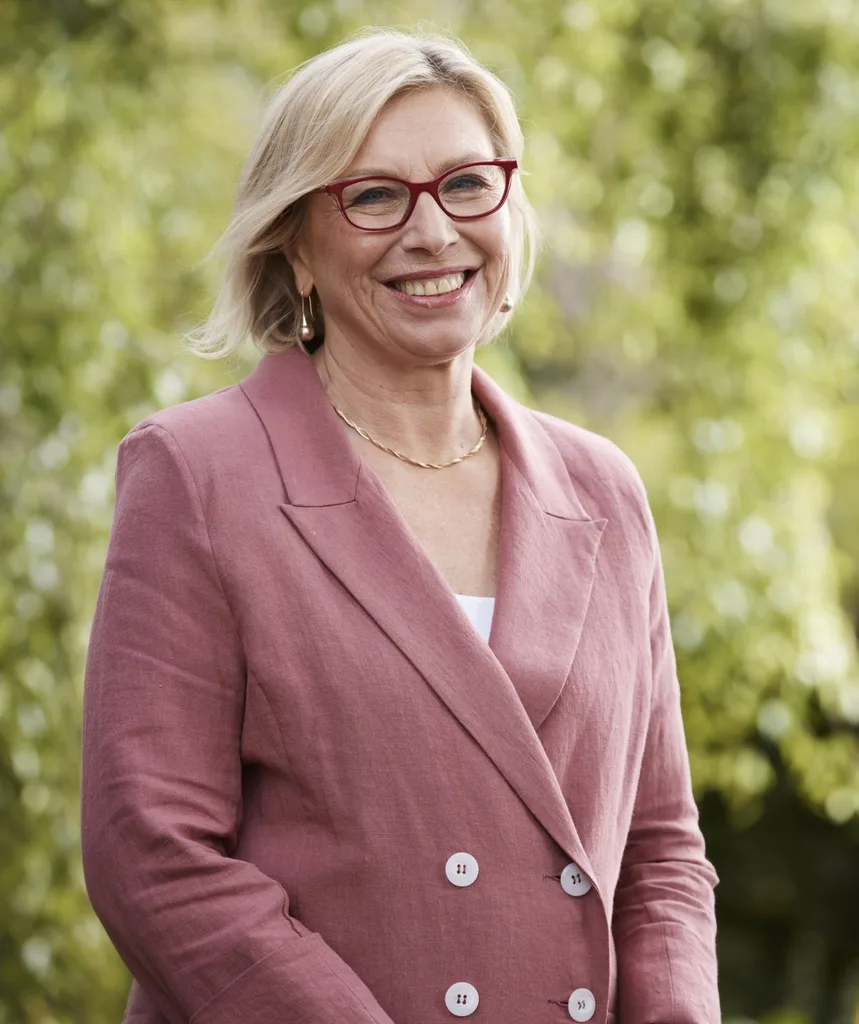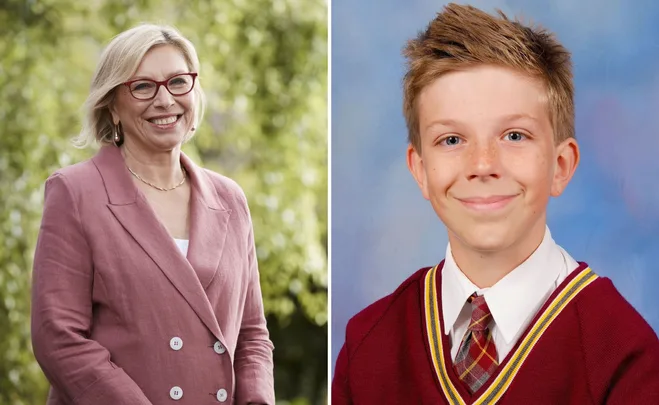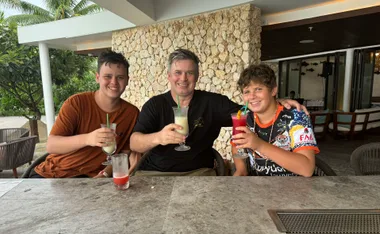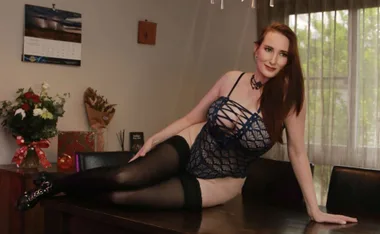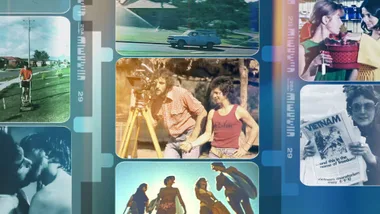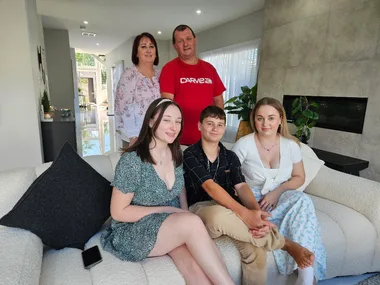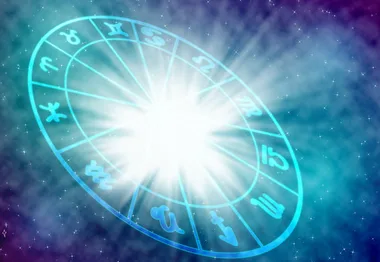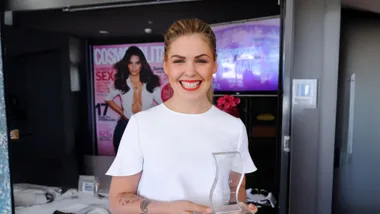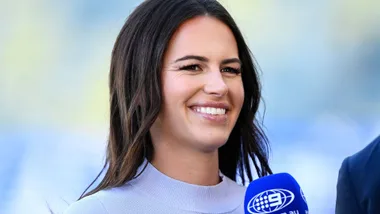Rosie Batty wrote a birthday card and lit a candle but June 20, 2023 was not the joy-filled celebration a 21st birthday should be.
The heartbreaking milestones never stop for Rosie, and this February marked a decade since Luke’s death at 11 years old from a horrendous act of violence by his father.
“For two or three weeks [in the lead-up], I felt sad and antisocial and I gave myself permission to be like that and to know that unhappiness will sit on my shoulders for a bit but that I’ll come good again,” Rosie tells Woman’s Day.
FIERCE ADVOCATE
It’s a way of being Rosie, 62, has learned to live with over the past decade. But for a woman who has become a fierce advocate against domestic violence, earning accolades and respect from
all over the world, it’s by no means all she’s mastered.
“When you see someone on the news whose life has been changed and you think, ‘I can’t imagine surviving through that and ever enjoying life again,’ it’s important to see that, as much as there is struggle and pain, people do go on and can succeed on levels you can’t imagine,” she says.
This is also the reason Rosie has penned her second book, Hope, which tells her story and that of other family violence victims and survivors. “For anyone feeling like life is hopeless and there’s no end to the pain and loss, it helps to see others have got through it,” she says.
Since Luke’s shocking murder, after practice at his local Tyabb cricket club in Victoria, Rosie started a nationwide conversation that led to Victoria launching a Royal Commission into family violence in 2015.
“We have very confronting statistics in Australia. It’s a social problem on a significant scale and we’re still a long way from recognising that,” she says. “Men need to stop murdering women.”
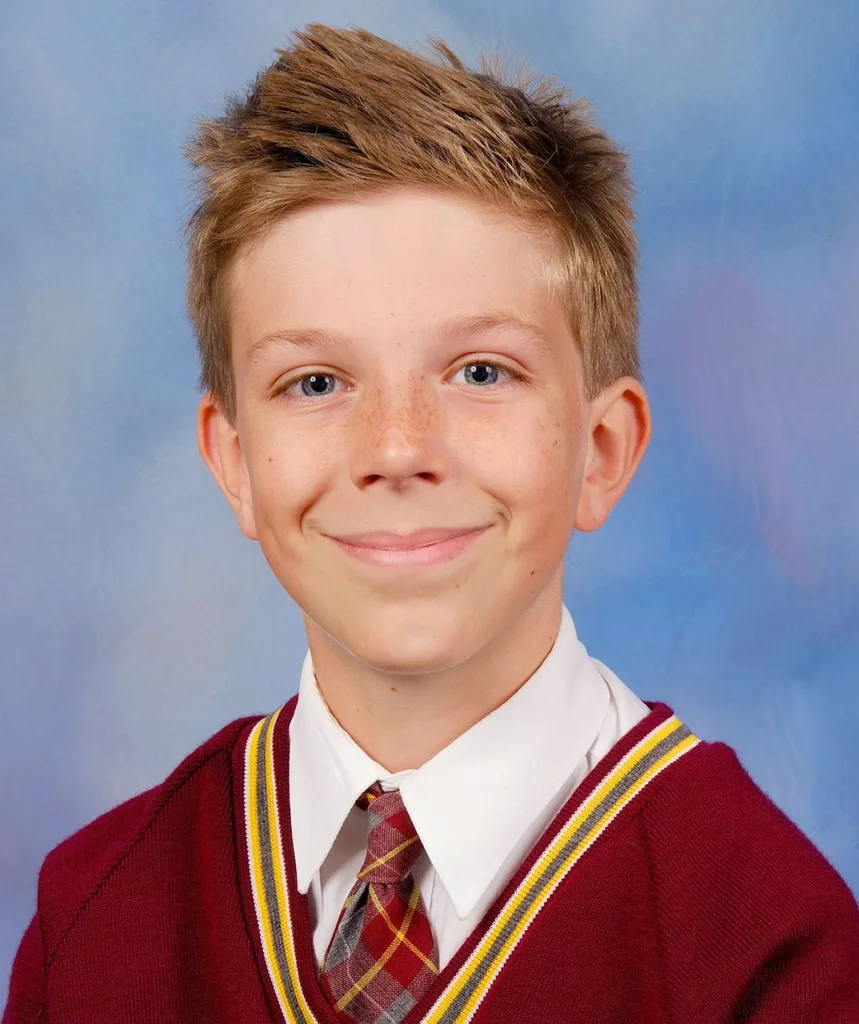
Rosie’s advocacy snowballed in the year after her son’s death as she gave hundreds of speeches and interviews raising public awareness and pushing for change. In 2015, she was named Australian of the Year.
“Immersing myself was the distraction that helped me through those early years,” Rosie explains. “I felt I had to maximise the opportunity, especially when I was Australian of the Year. I wanted to create a momentum that couldn’t be stopped.”
Years on, Rosie can see she was walking a fine line and wasn’t coping as well as she projected. “I’d overreact to things that should have just been irritating and then I’d be full of self-loathing,” she says.
“I was conflicted about the pedestal people put me on.
I was still human and in pain and not as perfect as people believed.”
Amid her advocacy and work, for the past 10 years, Luke has of course always been in Rosie’s thoughts.
“I often wonder what he’d be like now,” she goes on. “Maybe a builder, entrepreneurial, I think. I still see his friends around sometimes but it’s hard to see them as young men and women, marrying, having children themselves. Luke was such a little boy [when he died] and his friends have so quickly grown up.”
“Next year will be 11 years. I only had him 11 years and that will be a significant realisation.”
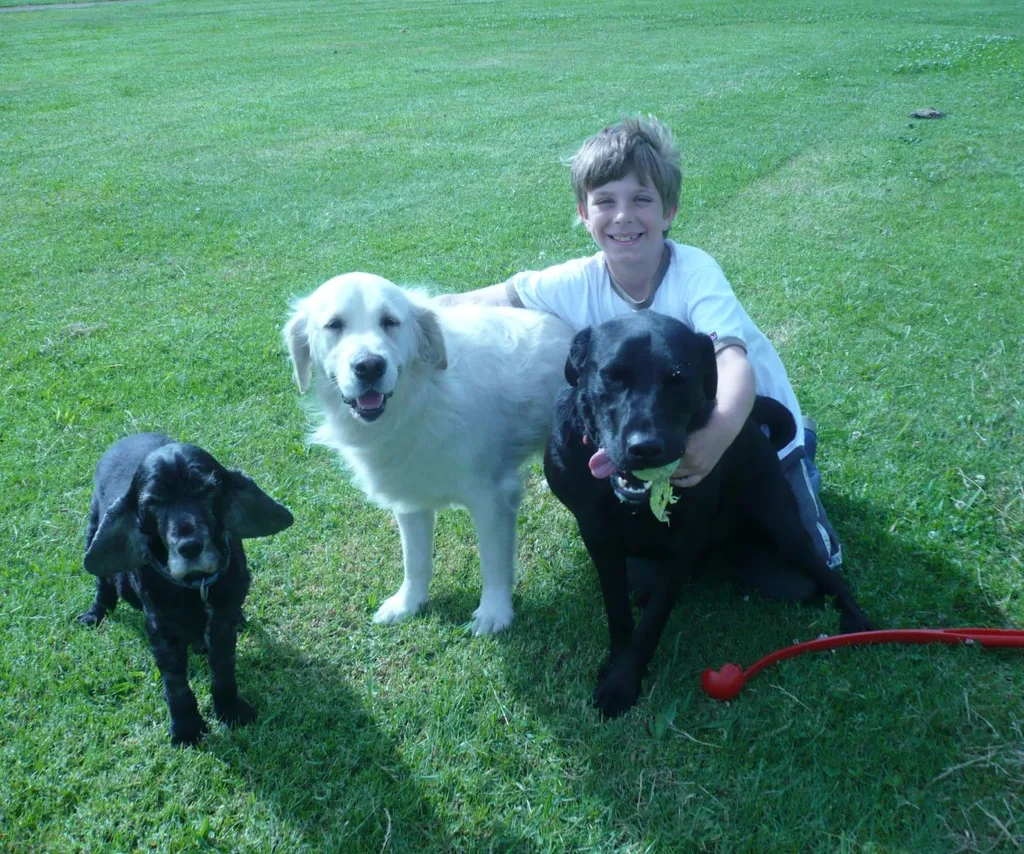
SOUL-SEARCHING
With the closing of the Luke Batty Foundation in 2018 and time spent alone during the pandemic lockdowns, Rosie was ready and able to go through boxes of photos, cards and Luke’s schoolwork.
“It hurt,” she says. “I felt alone and did a lot of soul-searching but ultimately COVID was a circuit breaker for me.”
As for what she will do next, Rosie isn’t certain.
“I’m mindful of the fact I’m approaching retirement and I need to be thoughtful of the next stage of my life,” she says.
But wherever she goes, people still share how her and Luke’s story inspired them to get out of dangerous relationships. “I was so proud to be helping,” says Rosie. “Even as a young person, Luke stuck up for things that weren’t right, so inevitably, he’d be proud of me too.”
Hope by Rosie Batty is out April 3 (Booktopia, $26.25).
